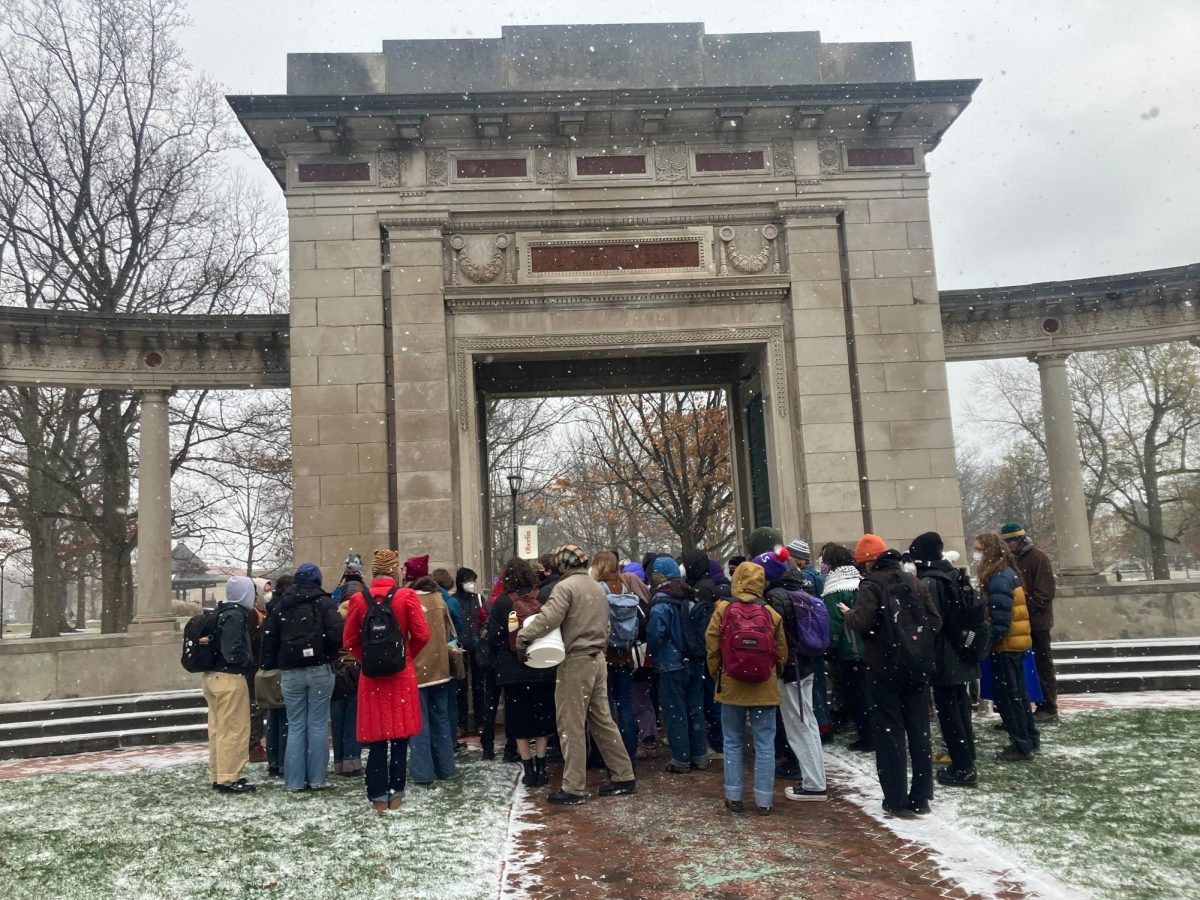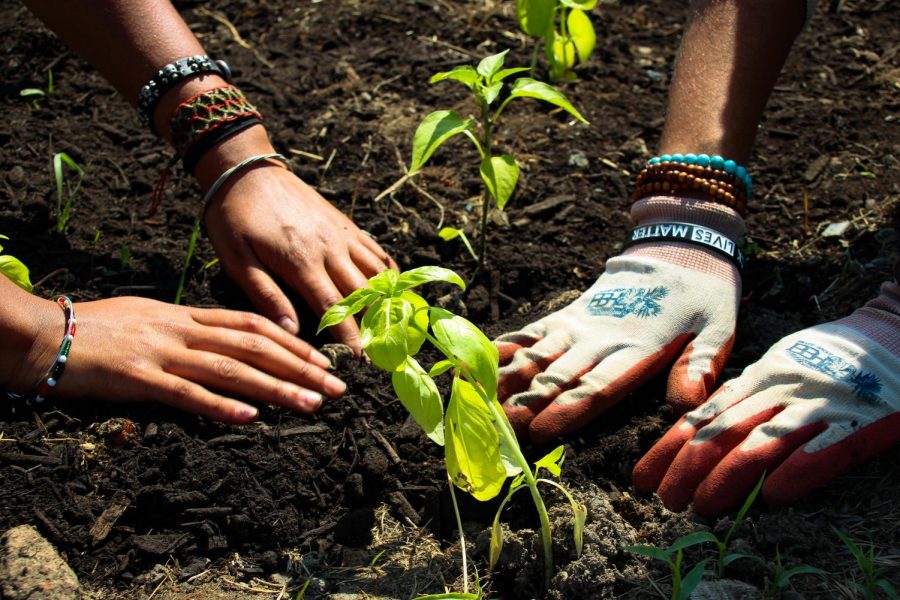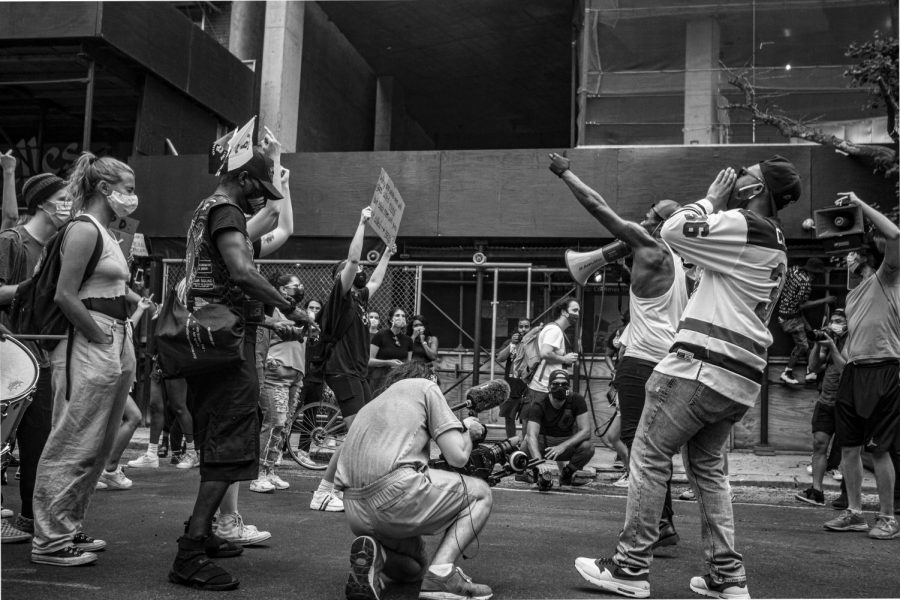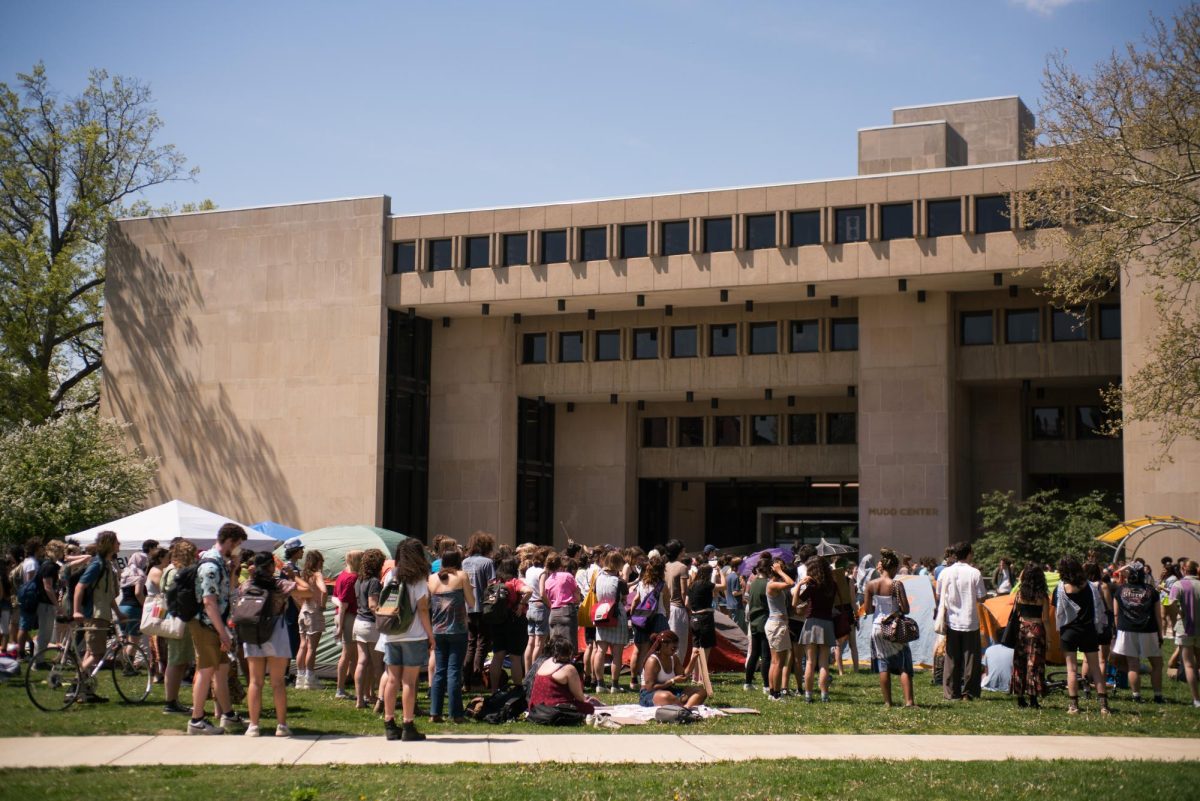The Third World justice movement is a collective effort by individuals and organizations from countries historically considered “Third World” to advocate for social and legal justice. The movement focuses on dismantling systemic inequalities stemming from colonialism and global power imbalances, primarily by challenging the existing international legal framework and demanding a more equitable distribution of power and resources on a global scale. It is especially focused on countries considered to be in the Global South, which have historically been the target of imperialism and efforts of destabilization for the profit of neo-colonialist powers such as the U.S., England, France, and Spain.
This term may sound familiar for students at Oberlin College, as Third World Co-op is located on the first floor of Baldwin Cottage. TWC offers both a housing and dining option like most other co-ops on campus, but it is unique in its mission. It was founded on the principles of the Third World Liberation Front, and it centers international, queer, low-income, and first-generation POC. As an intentional safe space for students of color on campus, it has been victim to campaigns accusing it of leaving out majority groups such as the white population of Oberlin who have claimed to feel unwelcome in the space. Most recently, I saw a comment made about the co-op during Thanksgiving break accusing it of only welcoming “colored individuals” to dinner. I most definitely will not be educating anyone on why that statement was disgusting and racist, especially knowing the historical connotation of the word “colored” when referring to people and majority POC spaces.
As a campus, Oberlin has not seriously addressed the racism students of color face; they have proudly waved the flag of a welcoming, progressive, liberal space while ignoring complaints. It is because the racism students face on campus is not the “overt” or “threatening” kind, but the kind embedded in institutions and classism. Students have repeatedly faced their classmates’ comments, especially when talking about other countries deemed “third world” or unstable; they have also faced classism when talking about different communities and ways of life. At Oberlin — which pledges itself as a safe space for low-income POC — those very same populations feel left out by the actions taken against their spaces. We have seen this in the removal of Lord-Saunders Dining Hall lunch despite Afrikan Heritage House repeatedly asking for it back. We also see this on tours where they talk extensively about all the different theme housing but skim over spaces occupied by a lot of Oberlin’s different racial populations — such as Third World Social Justice Co-op, Afrikan Heritage House, Zechiel House, and Asia House. As I am not in TWC, I wanted to give space in this article for a student member, Conservatory fourth-year Josie Stone, to talk about what the space means to them and how others interested can become involved.
How has TWC positively impacted your experience at Oberlin?
TWC is a space of belonging for me. I’ve made a lot of dear friends and lovely college memories through this co-op. Being a student in the Conservatory, I have experienced an astonishing amount of racism and sexism from my mostly white peers. TWC is a place I can retreat to and feel totally comfortable and understood by people with similar experiences as mine. I don’t have to explain why I often feel isolated and frustrated by the racial dynamics of the Conservatory, everyone already understands me. I can talk about my frustrations and be heard out, but I can also just have fun and eat food with my friends.
How have you noticed the overall campus treats designated POC spaces, and how is that affecting TWC?
On my campus tour of Oberlin as a prospective student, TWC was not explained to me at all. I thought that it was a co-op for students from Third World countries since I didn’t know what the Third World Liberation movement was, and my tour guide did not mention that it was a POC safe space to me. I think a lot of new students of color either don’t know TWC exists, don’t understand what it is, or think that they don’t ‘qualify’ to be in the space.
Can you tell me more about the general atmosphere at TWC, any examples of POC solidarity shown, and how they welcome diversity?
I think TWC is very special because students are able to announce things like recitals, shows, and cultural events during meals and bring TWC members to support these kinds of student events. Because of the small size and time aid and save plate policies, TWC is very accessible to people with specific allergies or dietary restrictions and students on work-study who need food saved for them or can’t make regular dining-hall hours. We have special meals every weekend where TWC members will cook food from their culture, examples being Hawaiian plate lunch meal, Korean meal, congee meal, and Caribbean meal. It’s always very delicious and fun!
Would you encourage students to join TWC, and how can these students get involved with the co-op?
I absolutely would encourage students to join TWC or just come to a meal and see what it’s like. We have open doors for all of our meals, which happen on the first floor of Baldwin every day at 12:20 p.m. and 6:30 p.m., and all POC students are welcome to join us. You can also apply to TWC the same way as you apply to any other OSCA co-op through Housing and Dining. And TWC members themselves are also good sources of information for joining or visiting.
As a designated safe space for various students of color on campus, TWC, Lord-Saunders, Zechiel House, and Asia House have been the target of exclusion in the Oberlin community; I would like to see that actively change the four years I am on campus. I would encourage you to go to dinner, sit and talk with members of the community, and if you love it, enroll! That is the only way for students to become more aware of what these spaces face everyday from students and administration.












